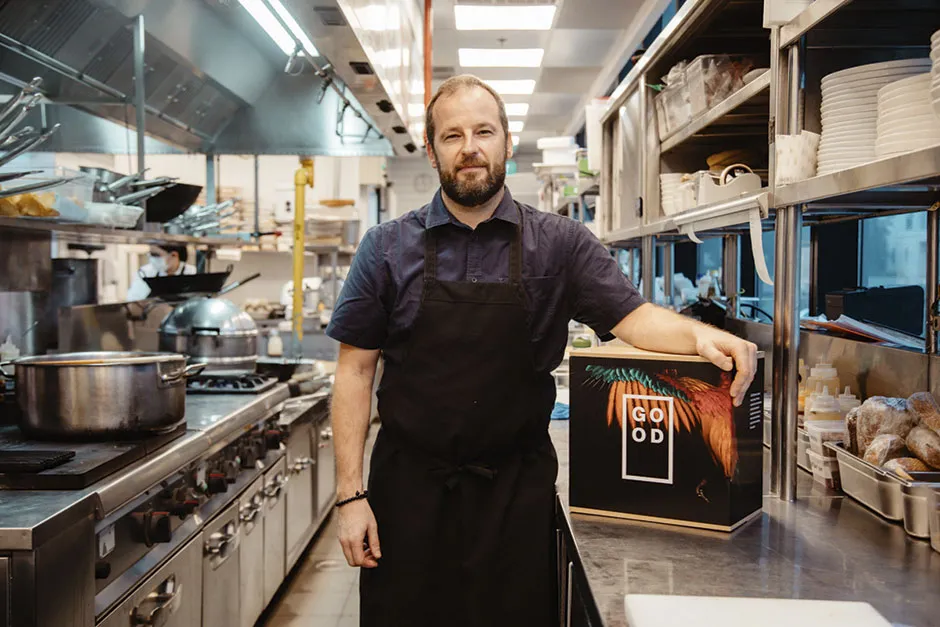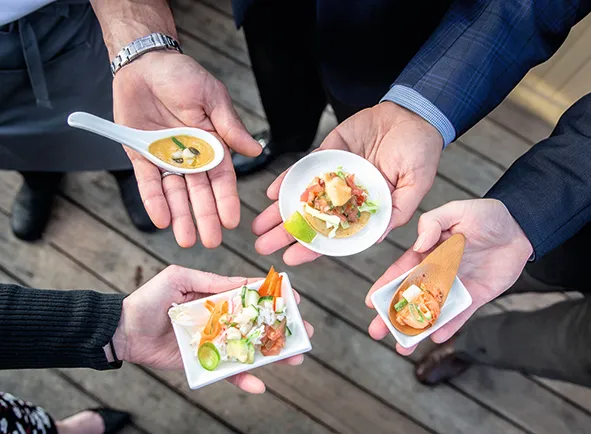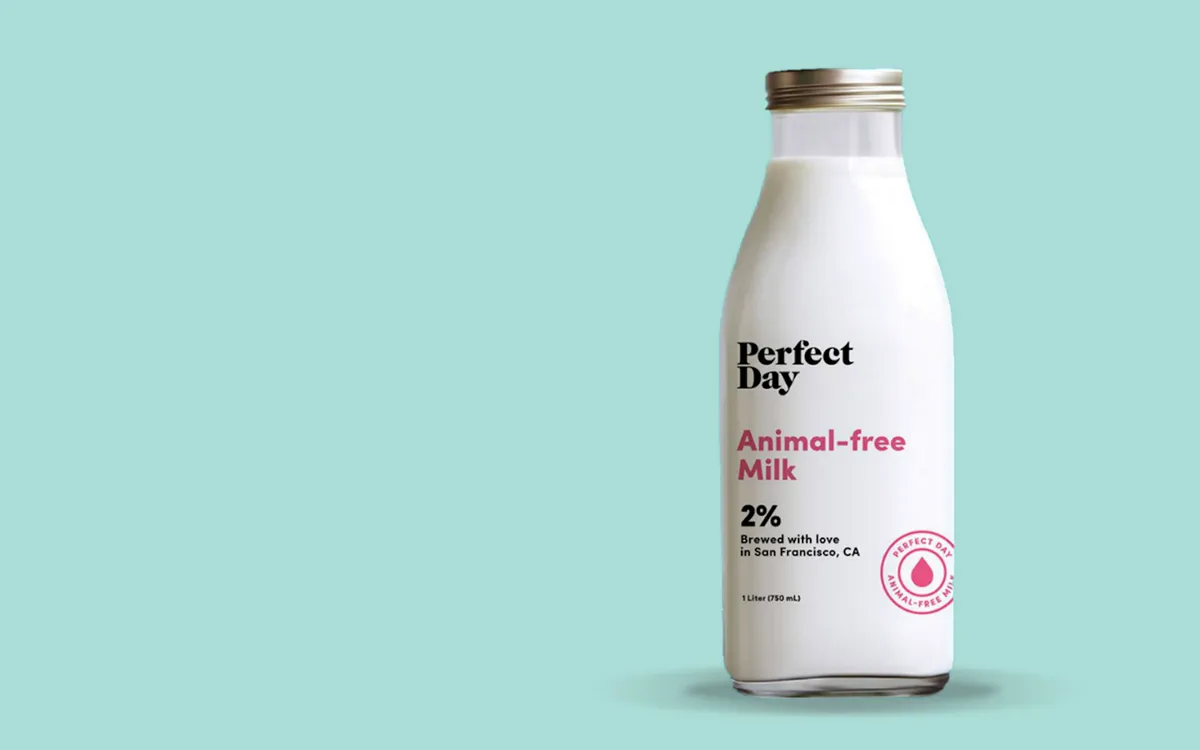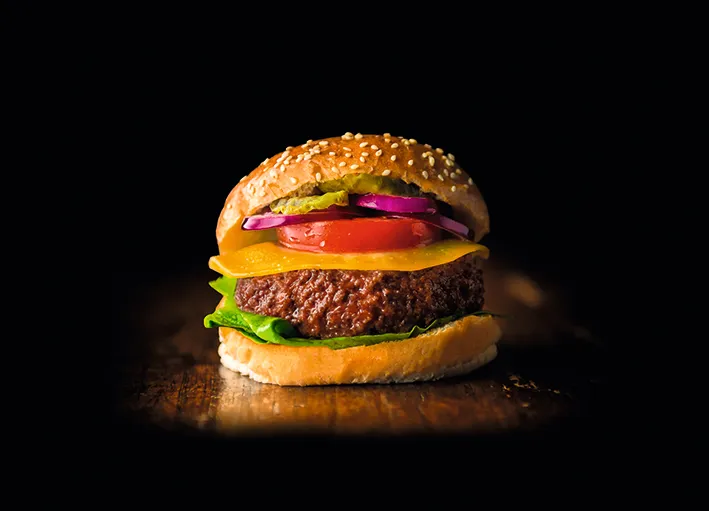By the time you read this, a group of friends at a restaurant in Singapore will have shared a three-course meaty meal, which was made without slaughtering any animals – potentially a landmark moment for an industry coming to terms with its impact on the environment.
The cultured chicken used for the meal was grown in bioreactors, similar to the kind used to make beer or yoghurt, by US start-up Eat Just. The meat, branded as GOOD Meat, was approved for sale by the Singapore Food Standards Agency in December 2020, and is the world’s first cultured meat product to be sold commercially. The meals were served up by a restaurant called 1880, which aims to stir up debate around what we eat.
Generally speaking, cultured meat is made by harvesting stem cells from muscle tissue, before placing them in a substance that has everything the cells need to grow and proliferate. At a certain point, these are encouraged to differentiate and they mostly become muscle cells, which merge to form primitive muscle fibres. Eventually this is ground up and shaped into a burger, or in the case of the Singapore restaurant, a “chicken bite”.
Read more about food:
- The future of food: what we’ll eat in2028
- Food myths debunked: 7 food "facts" that are completely wrong
The lab-cultured meat will mostly be used to make chicken nuggets, which might be considered a bit of a low bar. But the demand for meat analogues, which more closely resemble the food with which we are familiar, is clearly on the increase, with companies such as Beyond Meat and Impossible Foods selling their meat-free burgers in fast food franchises and supermarkets alike.
Why eat cultured meat? Well, estimates vary, but livestock generates around 15 per cent of the planet’s CO2 emissions and there are concerns that the farming industry’s use of antibiotics in livestock is contributing to the rapid rise of diseases resistant to the medicines.

If cultured meat can scale up its production, while producing lower levels of pollutants than farming, it could mitigate the impact of a growing global population that’s demanding more meat.
Eat Just isn’t alone. There are dozens of companies racing to mass-produce cell-cultivated chicken, seafood, pork and beef. Here’s hoping we get to try some out in 2021.
3 other companies producing cultured animal products
1
BlueNalu

With overfishing putting the ocean’s fish stocks and future at risk, there’s a clear argument for cultivated seafood. BlueNalu is working on the first fried fish alternative that’s been grown in bioreactor.
2
Perfect Day

Promising to “change the process, not the food”, Perfect Day Food could be onto something with its dairy products. After all, a decent cheese has long been the holy grail for those who decide to go vegan.
3
Mosa Meats

Mosa Meats cooked the world’s first cell-cultured burger back in 2013, which cost around €250,000 to make (funded by Google’s Sergey Brin). Now Mosa Meats says it can grow burgers for about €9 a pop.
- This article first appeared inissue 359ofBBC Science Focus Magazine–find out how to subscribe here
